Do you feel overwhelmed in your job, studies, or doctoral work?
Are you facing pressures in your family, relationship, or friendships?
Are you dealing with any health issues?
Do you experience conflicts in group settings
A project for all members of TU Braunschweig
University life is full of variety and challenges—whether you're shaping your path as a student, making new discoveries in research, ensuring smooth operations in administration, or contributing valuable work in technical and other areas. Every role here plays a part in the university’s success. However, with such dedication, pressures like stress, overwhelm, or uncertainty can also arise—whether in your studies, work, or collaborative projects. We want you to feel supported in these moments and not face them alone.
The Mental Health First Aid program at TU Braunschweig offers you the opportunity to seek support through first-aid conversations with qualified staff, helping you find ways to manage challenging situations.
Do any of the topics mentioned above resonate with you, or would you simply like to talk? Don’t hesitate to give us a call or send us an email.
We are here for you!
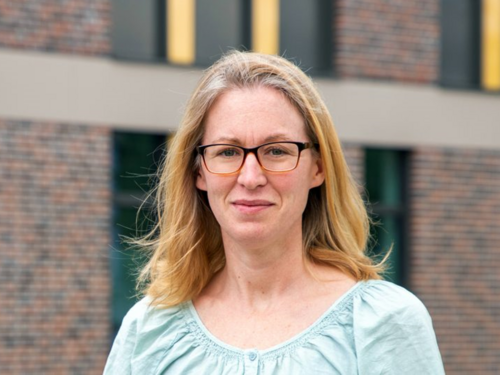
PD Dr. Rebekka Biedendieck (she/her)
Team Leader – Institute of Microbiology (German/English)
"I want to pass on the mental support I received during my PhD to young scientists."
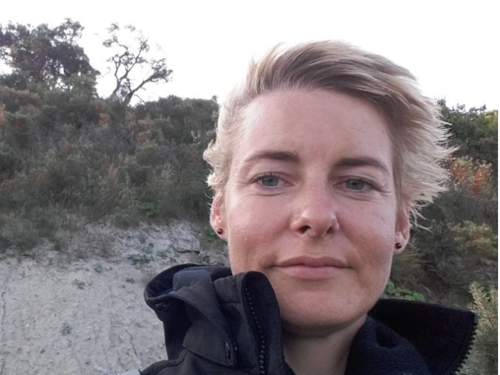
Dr. Katrin Dohnt (she/her)
Research Associate – Institute of Bioprocess Engineering (German/English)
"Support for those affected by those who have experienced similar challenges."
#enthusiastic #optimistic #solution-oriented
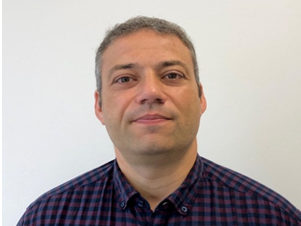
Francesco Ducatelli (he/him)
Head of the Mobility Office and Incoming Office – International House (German/English/Italian)
"Giving back the good."
#empathetic #intercultural #international

Anne Christin-Eggers (she/her)
Advisor for Family-Friendly University (German/English)
"Throughout our professional and personal lives, we may encounter a wide range of challenges. As an MHFAider, I want to support colleagues who need help and guidance in such situations."
#communicative #humorous #family-oriented
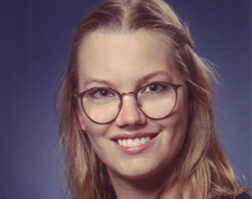
Laura Gehreke (she/her)
Research Associate – Work, Organizational, and Social Psychology (German/English/French)
"I became an MHFAider because there’s a bandage for every wound, and no one should face a tough situation alone."
#animalandnaturelover #summerperson #solution-oriented
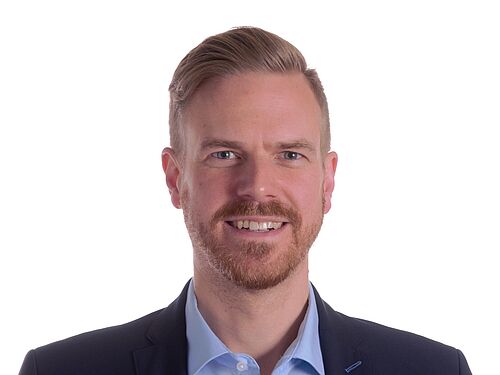
Dr. Jan Henrik Finke (he/him)
Department Head – Institute of Particle Technology (German/English)
"Peers4peers – I want to provide support at the peer level on this important issue."
#relaxedandopen #helpful #ontherightpath
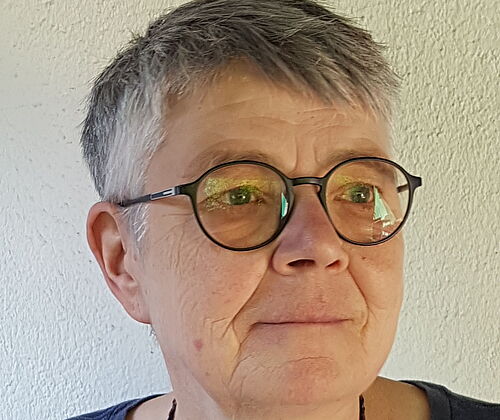
Marianne Pieper (she/her)
Occupational Safety Specialist (German/English)
"During my safety inspections, I learn a lot about the daily (and often stressful) challenges in various areas."
#open #empathetic #LGBTIAQ*
Katrin Rast, M.A. (she/her)
Program Coordinator (German/English)
"Raising awareness about self-care."
#helpful #empathetic #resource-oriented
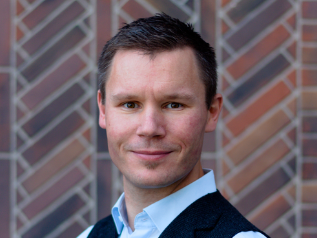
Dr. Tobias Ring (he/him)
Research Associate – Institute of Acoustics (German/English)
"Dealing with challenges in academia."
#mydoorisalwaysopen #externallystressedinternallycalm #acousticresearchforpeople
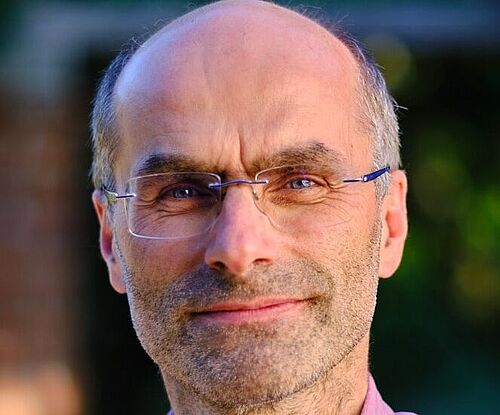
Prof. Dr. Robert Hänsch (he/him)
Professor – Institute of Plant Biology (German/English)
"Father of three (grown-up) children and at the Carolo-Wilhelmina since 1992. I’ll bring my life and career experience into our conversations."
#naturelover #openminded #goaloriented
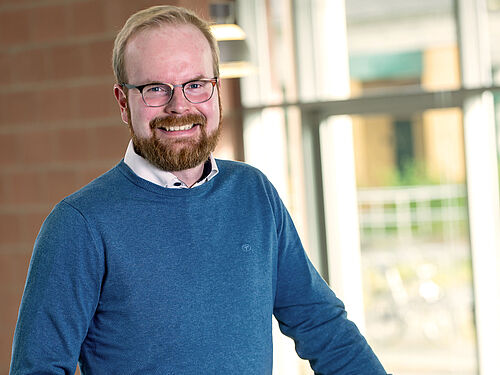
Dr. Konrad Schäfer (he/him)
Managing Director, Faculty 6 – Humanities and Educational Sciences (German/English)
"De-stigmatizing the issue. Empowering self-help!"
#calm #pragmatic #goaloriented

Ulrike Wrobel (she/her)
Central Gender Equality Officer (German/English/French)
"As the Central Gender Equality Officer, MHFA allows me to expand my counseling services."
#LGBTIAQ* #creatingnewperspectives #shapingtogether
Mental Health First Aid (MHFA) trains participants to recognize early signs of mental health issues and respond appropriately. The program promotes understanding of various mental health conditions, such as depression, anxiety disorders, and psychosis. Participants learn how to approach those affected with empathy, engage in conversations, and provide initial help. The training helps reduce stigma and prejudice, fostering a more open and supportive work environment. Employees and students are better equipped to support colleagues or fellow students in crisis situations and, if necessary, refer them to professional help, which can improve overall health and well-being in the workplace and academic life.
According to a study by the Robert Koch Institute (RKI), more than 40 percent of the German population experiences a mental health disorder requiring treatment at least once in their lives. Given this high prevalence, the importance of mental health programs like Mental Health First Aid (MHFA) is becoming increasingly significant.
In a world that increasingly recognizes the importance of mental health, the 'Mental Health First Aid' (MHFA) project plays a crucial role. MHFA is a training program that equips laypeople to provide first aid to individuals in mental health crises. It raises awareness of mental health disorders and teaches practical skills for responding appropriately in emergency situations.
A key goal of MHFA is to identify and understand mental health conditions such as depression, anxiety disorders, psychosis, and addiction. This knowledge is the first step in offering timely support to affected individuals. MHFA also teaches techniques for providing effective first aid in acute mental health emergencies, such as creating a calming environment and engaging in supportive conversations.
An essential aspect of the training is knowing how and when to seek professional help. Participants learn about available resources and support services, and how to help individuals access them. MHFA also contributes to reducing the stigma around mental health disorders by promoting awareness and education.
Overall, MHFA offers a comprehensive approach to supporting mental health. It fosters long-term well-being and helps create a supportive and healthy society where everyone has access to the help they need.
For more detailed information, please visit the official MHFA First Aider website. Click here for access.
The conversation can be a first step in opening up about mental health challenges and learning about suitable support options. However, please note that the MHFA conversation is not a form of therapy, and the first aiders are not trained mental health professionals.
An MHFA First Aider course typically lasts 12 hours and can be completed either in person or online. It begins with an introduction to the basics of mental health and how to recognize and assess common mental health disorders. This is followed by in-depth modules that cover specific conditions such as depression, anxiety disorders, and addictions. Practical exercises, role-playing, and case studies help participants apply what they’ve learned and build confidence in supporting individuals in need. At the end, participants receive a certificate confirming the successful completion of the course. Additionally, first aiders are provided with a comprehensive guide of internal and external support services to which they can refer those seeking help.
Of course, all conversations are subject to confidentiality and are strictly private.
The MHFA program offers comprehensive support for a wide range of mental health challenges. These challenges can arise from stress, conflicts, or uncertainties. Stress often occurs at work or during studies due to high pressure, tight deadlines, or overtime. Similarly, conflicts with colleagues, fellow students, or tensions with supervisors can have negative effects. Uncertainties, such as fear of job loss, self-doubt, or exam anxiety, can also be burdensome. Balancing work, studies, and personal life is often a challenge, especially when it comes to caring for relatives. With all these and other issues, you can always turn to our first aiders in confidence.
Of course, you are welcome to choose any of the first responders listed above to get in touch with. They would all be happy to hear from you.
Getting in touch is easy: You can reach out by phone, email, or in person—whichever way works best for you. A conversation will be arranged as quickly as possible. Please note that MHFA is not suitable for emergencies. In such cases, please visit our emergency page by clicking here. Our first responders are not available around the clock, but only during their working hours.
There is no typical conversation—each one is tailored to the individual needs of the person seeking advice.
Currently, the Central Human Resources Development is not offering any training programs. We will inform you promptly as soon as new information becomes available.
Vacancies of TU Braunschweig
Career Service' Job Exchange
Merchandising
Term Dates
Courses
Degree Programmes
Information for Freshman
TUCard
Technische Universität Braunschweig
Universitätsplatz 2
38106 Braunschweig
P. O. Box: 38092 Braunschweig
GERMANY
Phone: +49 (0) 531 391-0
